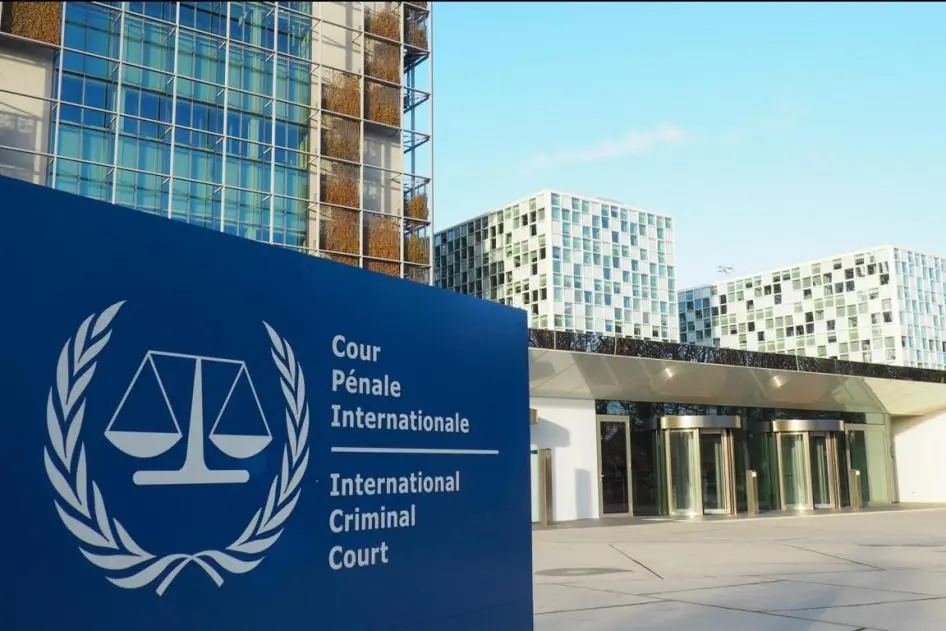The global elderly population is expected to reach 2.1 billion by 2050.
Elderly people in Qatar have been provided with essential training to help them navigate mobile apps.
Ehsan’s (Center of Empowerment and Elderly Care) ‘electronic education’ programme was launched in collaboration with Qatar Assistive Technology Center (Mada).
The centre trained the elderly to use key mobile applications, including Google Maps, to help them navigate through the country in a bid to help increase their independence and self-reliance.
The Head of the Preparation and Design Division at Ehsan’s Awareness and Community Outreach Department Zainab Al Kuwari said the programme has developed over the years to ensure seniors can reap its benefits.
Established under the Qatar Social Work Foundation, an affiliate of the Ministry of Social Development and Family, Ehsan has committed to empower the elderly and enhance their social contribution.
The centre seeks to increase seniors’ engagement in various fields, including economic and cultural development, while spreading awareness about respecting their rights.
As a Muslim nation, Qatar’s initiative promotes the importance of respecting the elderly as it represents one of the key values of Islam. Various Quranic verses and Islamic narrations, or ahadith, stress the need to respect the elderly, especially parents.
In 2019, the centre published the third book of a series titled “Islam and the Elderly”, highlighting the religion’s role in protecting seniors and providing them with a dignified life.
Ehsan has repeatedly stressed the importance of protecting the elderly and called to criminalise all abuse against the vulnerable age group. The Qatari constitution already places emphasis on the protection of the elderly’s rights in the country.
Qatar is among a list of countries that have completed the United Nations’ National Plan of Action for advancing the rights of older persons. Other countries include Bahrain, Egypt, Jordan, Syria and Saudi Arabia.
Statistics shared by Ehsan in 2019 indicate that the elderly made up 2.2% of the population, noting an expected increase to 27.6% by 2039.
However, despite Arab society promoting respect towards the elderly, experts in 2016 found most parts of the region have few institutions to support them, with one reason pointing towards the dependence on house helpers and full-time housemaids.
Meanwhile, the World Health Organization (WHO) predicted that the global elderly population aged 60 and above is set to reach 1.4 billion by 2030.
The WHO added that the population would double by 2050, reaching 2.1 billion.







